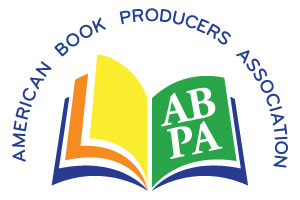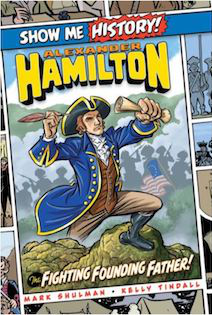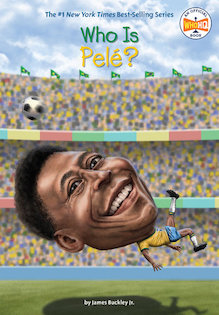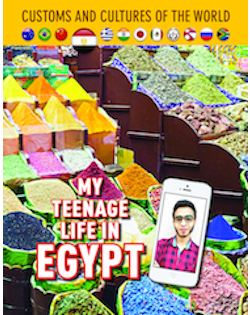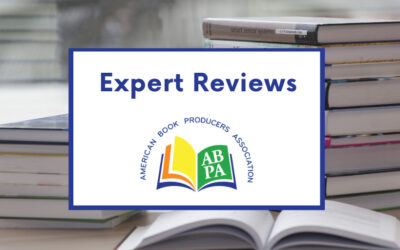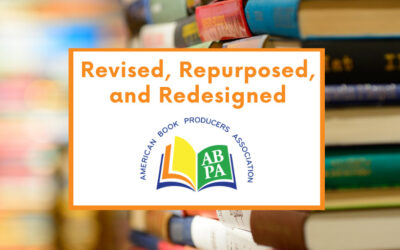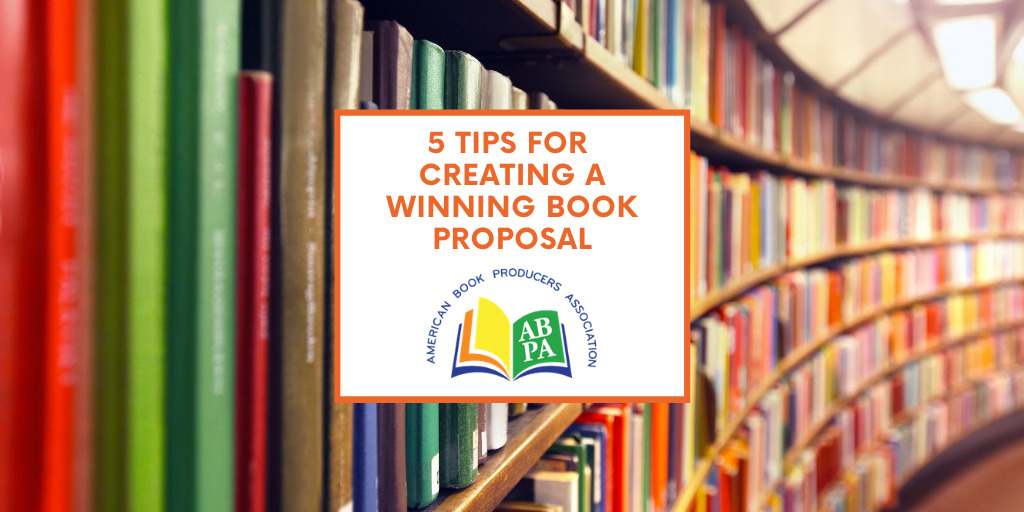
The American Book Producers Association boasts hundreds of years of collective experience in the publishing industry and more bestselling books over the years than we can recount. In our recent Master Class: How to Pitch Your Project Remotely, Jim Buckley of Shoreline Publishing Group shares tips for writers and book producers who want to pitch children’s books.
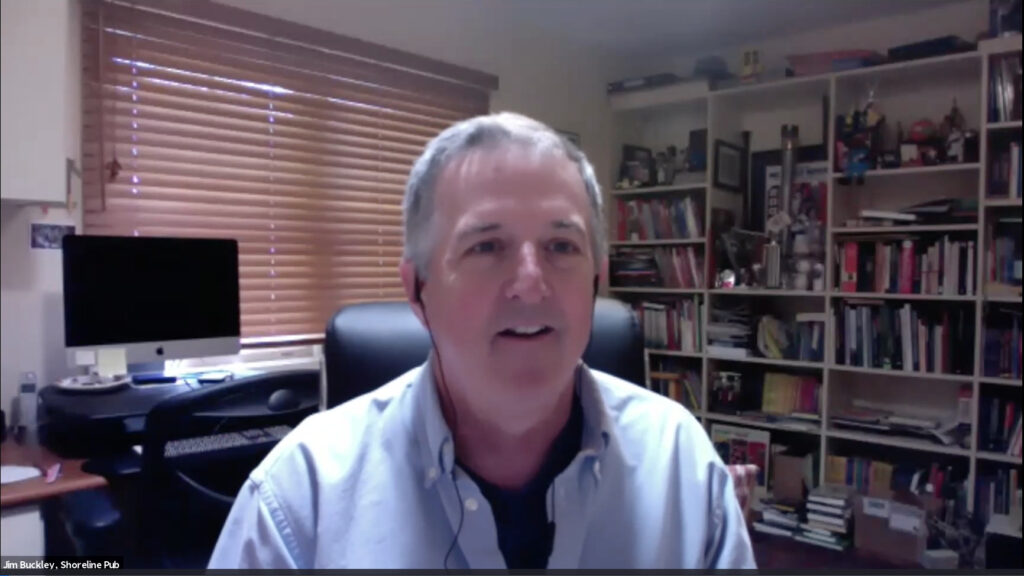
When veteran book producer and ABPA member Jim Buckley moved from New York City to California, he still needed to be able to pitch his projects to NYC editors. Long before social distancing, Jim perfected the fine art of pitching projects remotely. In a Zoom presentation he shared his tips and best practices for selling your projects from more than six feet away.
To watch the full Master Class, contact office@abpaonline.org to inquire about membership options, or a single $10 fee for access to the video.
Jim says, “Proposals are a way to sell a book and get paid before you make it, which is a really important part of nonfiction book publishing and producing from our standpoint. It takes a lot of work and a lot of time to make a really nice multi-page fancy nonfiction book; you can’t just sit down and do it and then hope to sell it . . . that’s just not how it works. You need to have a plan and a proposal and a general idea to create a partnership with somebody who has the money, who is the publisher.”
Here are five tips from Jim Buckley’s Master Class presentation.
Tip #1: Your Book Proposal Needs to Speak to Two People at the Same Time
Buckley explains that you have to focus on both head and heart with each book pitch. Book proposals are like getting married in the 18th century: you have to make two people fall in love, the intended—and her father.
An editor falls in love with an idea, but then that person has to go back and sell it to people in the company who care about money and not ideas. Every pitch has to keep in mind that it’s got to be a great idea, it’s going to look beautiful, it’s going to read beautifully, but that’s not enough, it has to sell beautifully too.
Whenever you’re pitching to somebody, whether in-person or on Zoom or on this very important physical proposal paper or PDF that you’re going to create, that person needs to know that they have the ammunition to go back to a big crowded acquisitions meeting and sell it.
Tip #2: Perfect Your Elevator Speech
Most proposals have fairly similar elements, including title, author, description, audience, etc. There’s an expected format. You can alter it if the book you’re proposing calls for it, and obviously you want to have your own voice and your own spin, but you always need to have the basic elements.
Start with the title and the subtitle; then, Buckley advises, develop the elevator pitch: a few snappy lines that sum up the project. Avoid the temptation to go into great detail in your elevator pitch. It should be about two sentences. If you can’t write two sentences about your book . . . try again because you can and should be able to.
Write two great sentences about the book you’re proposing, and spend a lot of time on that snappy line because that’s the first thing out of an editor’s mouth when they sit around the big acquisition table—a physical table or the virtual one on Zoom—and the editor tries to convince their publisher to give them thousands of dollars. A snappy elevator speech is a vital part of your book pitch.
Tip #3: Personalize Your Proposal
Personalizing your book pitch is an absolute must. You need to customize every one of your proposals for the publisher you’re selling it to. A proposal that works for Scholastic won’t work for HarperCollins. One that works for Penguin might not work for another publisher; so you really need to understand what that publisher is trying to do, what they’re trying to sell, and help them understand why this book is the right fit for them. You need to read all the catalogs for that publisher going back a couple of years. You can find most publishers’ catalogs online, or simply search their websites using keywords to see what they’ve published in the past.
Buckley adds, “There is nothing more embarrassing than sitting down and saying, ‘I have this wonderful new book on animals that live in New Orleans,’ and have the publisher say, ‘Yeah, we just published that last season, didn’t you see that?’ It’s really important to research ahead of time, so that this entire thing works for each publisher you’re pitching to . . . So customize whenever you can.”
Tip #4: Research Comparative Books in the Market
Just as real estate agents find similar homes in your local market in order to set the price and timing of your sale, publishers look for comparative books—their own and those of other publishers—in order to evaluate the new books that they acquire.
Authors and book producers sometimes think, “I’m doing a brand new original book, and no one’s ever done a book like this.” But invariably someone has, Buckley advises, and “you have to find it and tell the publisher why yours is better. To be honest, if your book is the very first book of its kind that’s ever been done in the history of time . . . you’ll have a harder time selling it.
“It’s okay to point out that another book is similar or generally like yours, because again, when an editor is sitting at the table with their publisher, they’re gonna say, ‘Oh yeah, this book on animals was like this other book on animals that sold really well.’”
Buckley likes to come up with a list of three or four books that have been published within the last few years that are kind of in the same topic, audience, genre, and the same format even, and then explain why his is so much better than those. He points out how his book is different, more up-to-date, or has a sales twist.
“You’re not saying that this is the single greatest book on elephants of all time, you’re saying that this is my book on elephants, this is why I think my book is great and why I think it’s better than these other similar books on elephants.”
Also, if you can sell your book for publishers, you have just made their day. The marketing of books has been turned over to many people outside of the publisher, and authors spend as much time—or more—on marketing than publishers do. So, if you can come up with ways that the book you’re presenting can be sold to the world, to the specific audience you’re aiming at, to a particular niche market, point it out.
Tip #5: Keep Going After You Hear “No”
The most important tip of Jim Buckley’s entire Master Class session is all about your mindset as an author or a book producer. You have to be resilient when you hear the word NO.
Buckley explains, “Several of the publishers who are sitting in on this Master Class have actually said no to proposals from me in the past. Thank you, guys. The most important thing is that you’re gonna hear that word more than any other word you hear in publishing. But that doesn’t mean you stop, you just keep at it.”
When one publisher says no, that simply means someone else might say yes.
“My record is, I think, eight, for publishers who said no to a book that eventually sold; so stick with it.”
For access to the full Master Class recording please email office@abpaonline.org. The full session includes a discussion of the particular challenges of pitching book-plus and novelty products from Nancy Hall of The Bookshop, Ltd.
Read more from the ABPA
Expert Reviews
Areas of Expertise With their deep knowledge of all facets of book production, their professionalism, and their attention to detail, book producers can be counted on to provide factually accurate, tonally appropriate, and culturally sensitive books for a variety...
Revised, Repurposed, and Redesigned
What’s Old Is New Again While book packagers are generally called upon to produce new titles from conception through finished books or printer-ready files, they are also experts in revising, repurposing, and redesigning new editions of previously published...
Series & Licensing
Creative License Book packagers are a uniquely creative lot. They are often tasked with developing titles from the original concept to the final product, overseeing all stages of production in between. However, sometimes a preexisting brand, character, or...
